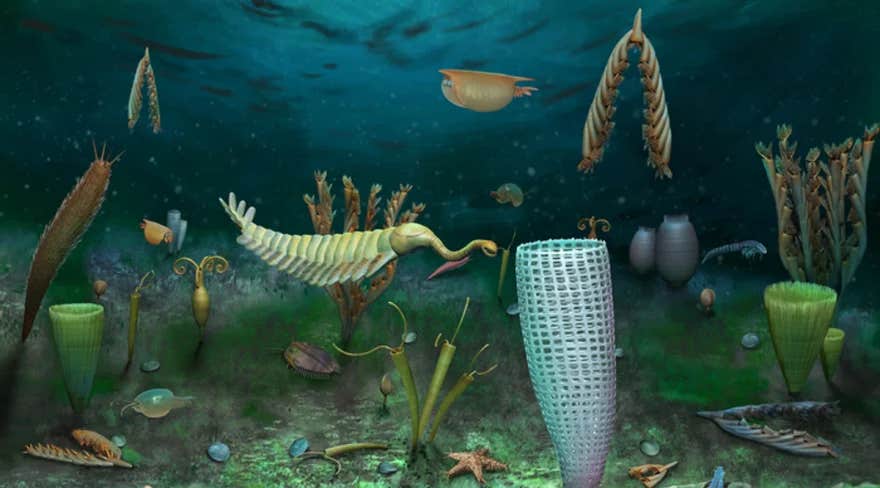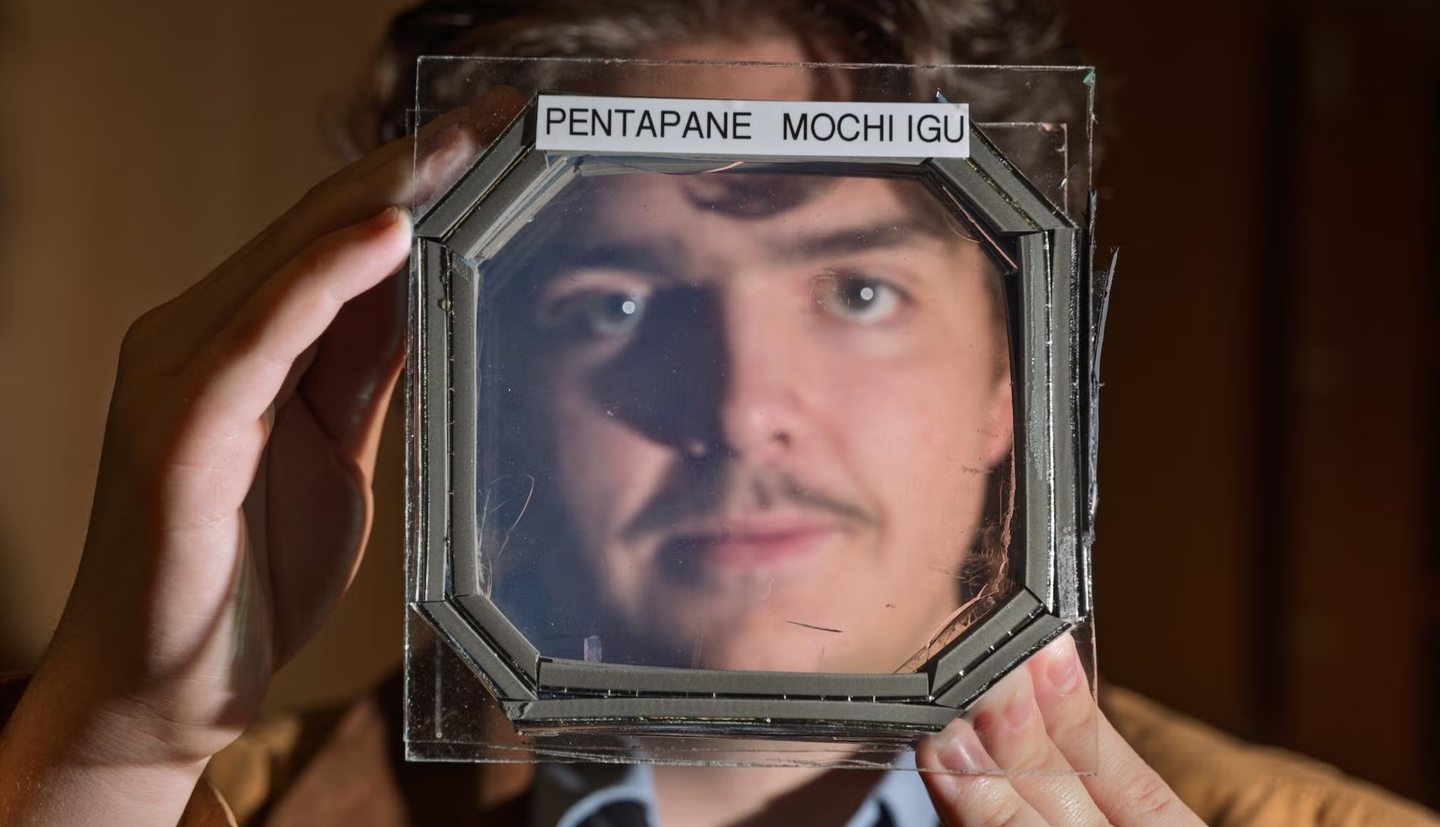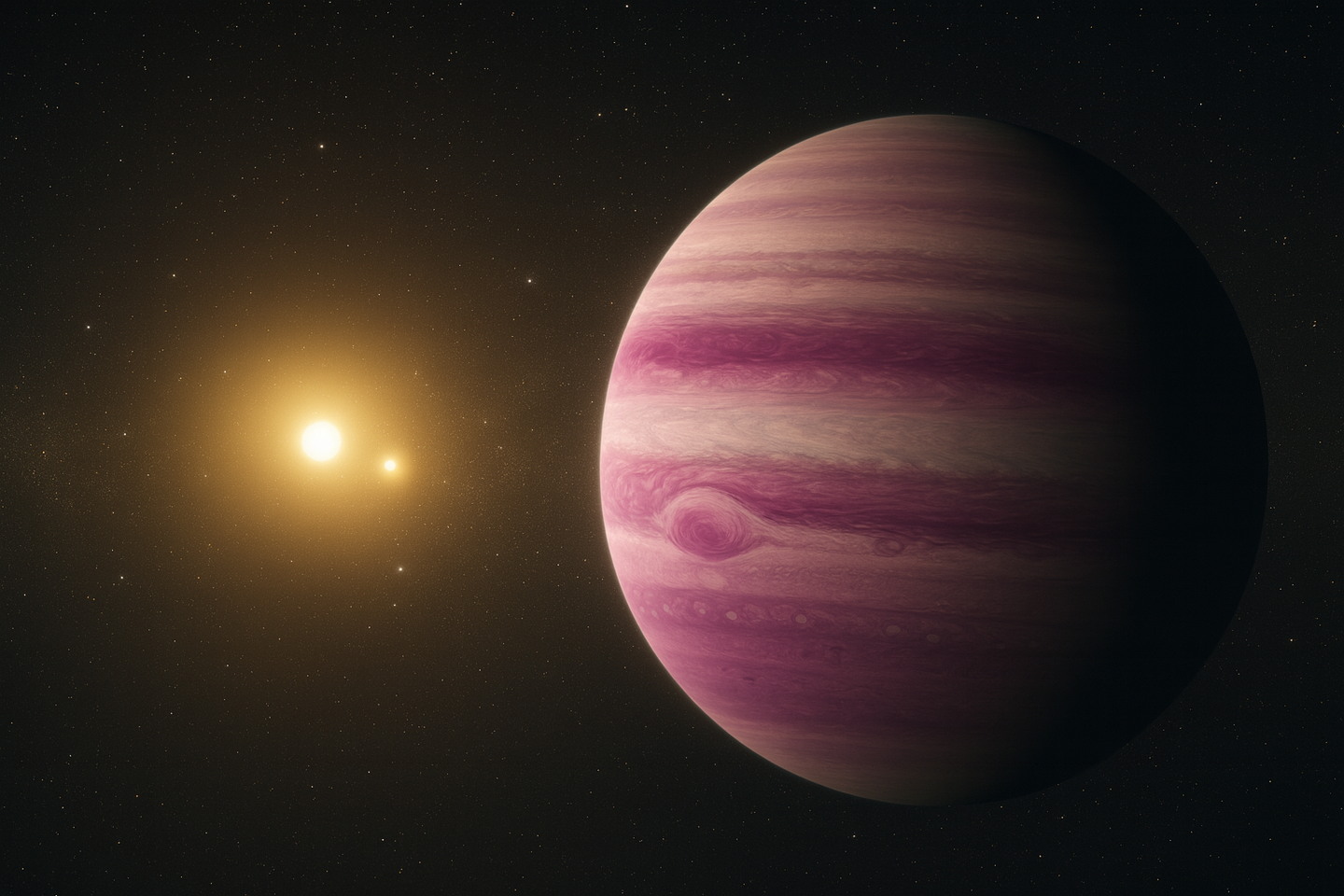Complex life on Earth originated 1.5 billion years earlier than previously thought, study finds
Scientists have unearthed evidence that pushes back the timeline for the evolution of complex life on Earth by over 1.5 billion years.

Their findings suggest that complex life may have begun as early as 2.1 billion years ago, much earlier than the previously accepted 635 million years. (CREDIT: Creative Commons)
An international team of scientists has unearthed groundbreaking evidence that pushes back the timeline for the evolution of complex life on Earth by over 1.5 billion years.
Led by Cardiff University, the team discovered remnants of an ancient ecosystem in the Franceville Basin near Gabon, on the Atlantic coast of Central Africa. Their findings suggest that complex life may have begun as early as 2.1 billion years ago, much earlier than the previously accepted 635 million years.
The study, featured in Precambrian Research, details a unique episode of underwater volcanic activity that followed the collision of two continents. This event created a nutrient-rich environment that served as a 'laboratory' for the earliest experiments in complex biological evolution.
According to Dr. Ernest Chi Fru, the lead author and a Reader at Cardiff University's School of Earth and Environmental Sciences, the availability of phosphorus in the environment played a crucial role in this early evolution. He explained, "The availability of phosphorus in the environment is thought to be a key component in the evolution of life on Earth, especially in the transition from simple single-cell organisms to complex organisms like animals and plants."
Prior studies have linked increases in marine phosphorus and seawater oxygen concentrations to a significant episode of biological evolution around 635 million years ago. Dr. Chi Fru's team has now added another, much earlier episode to this record. Their research indicates that 2.1 billion years ago, there was a similar boost in marine phosphorus and seawater oxygen, which likely spurred the evolution of early complex life forms.
The team’s analysis of marine sedimentary rocks from this period sheds new light on the presence of large-sized fossils in the Francevillian basin, which have long been a subject of scientific debate. These fossils, the earliest of their kind in the geologic record, appear to be linked to significant environmental changes and nutrient enrichment that occurred prior to their emergence.
Related Stories
Dr. Chi Fru elaborated on the findings: "We think that the underwater volcanoes, which followed the collision and suturing of the Congo and São Francisco cratons into one main body, further restricted and even cut off this section of water from the global ocean to create a nutrient-rich shallow marine inland sea. This created a localized environment where cyanobacterial photosynthesis was abundant for an extended period of time, leading to the oxygenation of local seawater and the generation of a large food resource."
This unique environment provided the energy necessary to support the growth and complex behavior of primitive animal-like life forms, which are evidenced by the fossils from this period. However, the isolated nature of this water mass, combined with the hostile conditions that existed beyond its bounds for billions of years, likely prevented these life forms from spreading globally.
The research suggests a two-step evolution of complex life on Earth. The first step followed a significant rise in atmospheric oxygen content 2.1 billion years ago, while the second step occurred about 1.5 billion years later. Although the initial attempt at complex life failed to spread, the subsequent rise in atmospheric oxygen levels paved the way for the diverse animal life we see today.
Dr. Chi Fru remarked, "While the first attempt failed to spread, the second went on to create the animal biodiversity we see on Earth today."
The study represents a collaborative effort, drawing on expertise from the University of Toulouse and the University of Poitiers in France, as well as the China Nonferrous Metals (Guilin) Geology and Mining Company. This partnership has been ongoing for over a decade, with the team working to better understand the environmental conditions that led to the appearance of these early fossils.
Their paper, titled 'Hydrothermal seawater eutrophication triggered local macrobiological experimentation in the 2100 Ma Paleoproterozoic Francevillian sub-basin,' offers valuable insights into the conditions that may have fostered early complex life on Earth. The research not only revises our understanding of the timeline of life's evolution but also highlights the significance of environmental factors in shaping the course of biological history.
Note: Materials provided above by The Brighter Side of News. Content may be edited for style and length.
Like these kind of feel good stories? Get The Brighter Side of News' newsletter.



